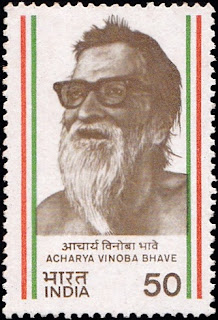World Heritage Day is celebrated every year on April 18 to raise awareness about the importance of preserving and protecting cultural heritage sites and monuments around the world. This day was established by the International Council on Monuments and Sites (ICOMOS) in 1982 and was later adopted by the United Nations Educational, Scientific and Cultural Organization (UNESCO) in 1983.
The main objective of World Heritage Day is to promote the cultural diversity and richness of the world, and to highlight the significance of preserving cultural heritage for future generations. It also aims to encourage people to visit and appreciate cultural heritage sites, as well as to support efforts to protect and conserve these sites.
Every year, a theme is chosen for World Heritage Day to focus on a specific aspect of cultural heritage. For example, the theme for 2024 was “Discover and experience diversity“, which aimed to emphasize the importance of recognizing the diverse and complex histories of cultural heritage sites.
On this day, various events and activities are organized around the world to promote awareness and appreciation of cultural heritage. These events can include exhibitions, guided tours, seminars, workshops, and cultural performances.
In addition, UNESCO also uses this day to announce new additions to the World Heritage List, which recognizes cultural and natural sites of outstanding universal value. The World Heritage List currently includes 1,154 properties in 167 countries, ranging from ancient ruins and archaeological sites to natural wonders and cultural landscapes.
In conclusion, World Heritage Day serves as a reminder of the importance of cultural heritage sites and monuments, and the need to protect and preserve them for future generations. It is a day to celebrate the rich cultural diversity of the world and to appreciate the unique value of each cultural heritage site.
.jpeg)







